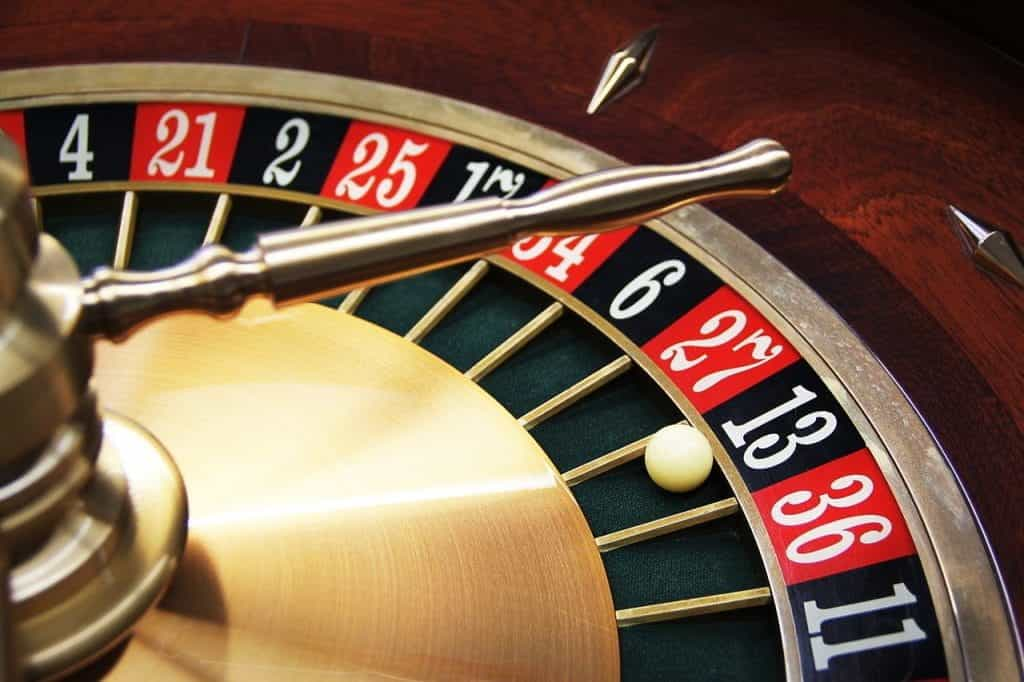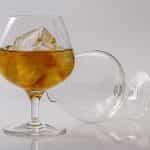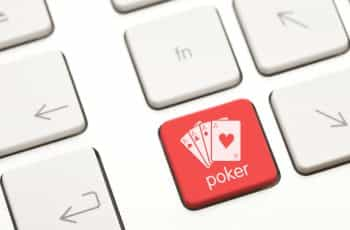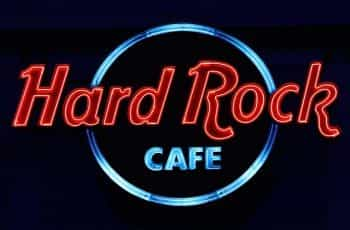Report: Alcohol Fuels Gambling Loss-Chasing
A study by researchers at a Canadian university has found that male gamblers are more likely to continue betting after a loss when they have consumed alcohol. Additionally, the report found that drunk gamblers were more inclined to increase their bet size during losing streak.

A British Columbian study has found that players are more likely to increase bets after losing if they have consumed alcohol. ©Greg Montain, Pixabay
The report by the Centre For Gambling Research at the University of British Columbia (UBC) sought to discover how alcohol affects biases in judgment during gambling. In particular, the aim of the research was to test the correlation between alcohol and sequential decision-making in inebriated gamblers.
In order to carry out the tests, participants were separated into two groups, with one receiving vodka cocktails and the others receiving placebo drinks. Twenty minutes later, they were tasked with playing digital roulette and their betting habits were measured, including their color choice decisions and the size of their bets in response to varying lengths of color runs and winning/losing streaks.
The study revealed that both groups displayed a number of sequential biases. They both showed a tendency to choose colors based on the run length of what had already appeared. However, while both groups tended to increase their bets after streaks, the alcohol group placed higher bets following losses compared to wins.
The center, which is funded by the British Columbia Lottery Corporation, concluded that the consumption of alcohol while betting could be linked to the susceptibility of gambling harms. While the results were inconclusive on finding patterns in enhanced gambling distortions in inebriated gamers, it nevertheless found that alcohol has a role to play in players’ vulnerability to the gambler’s fallacy.
“Inhibition is a core component of the executive functions, and by a simple account, loss-chasing could arise from impaired inhibition, giving rise to impulsivity as the tendency to make rapid, hasty gambling decisions in pursuit of winning.”– Researchers, Centre For Gambling Research, University of British Columbia
Testing the Gambler’s Fallacy
A central component of the study was to see how susceptible gamblers would be to the gambler’s fallacy while drunk. The gambler’s fallacy refers to the false way of thinking that makes a person feel that an expected outcome is owed or due, based on a run of what they perceive to be unwanted previous outcomes.
An opposing phenomenon is called the “hot hand effect,” which makes people believe that their streak of wins or losses will continue rather than reverse. These fallacies are guided by an inability to recognize outcomes as independent from one another. That is, people find that the sample of outcomes is representative of randomness in the wider scheme, as opposed to the singular event.
Alcohol is well understood to reduce the consumer’s inhibitions, and its role in inspiring people to chase losses could point to increased risks when considering the higher susceptibility to the gambler’s fallacy. The study found that the chasing streaks were made even riskier due to increased betting.
“Chasing can also be expressed in the amount bet,” according to the researchers at UBC. “For example, on a roulette task with 50/50 red/black predictions, bet size increased on longer losing streaks, but did not change across winning streaks, which was again interpreted as an expression of loss-chasing.”
While the study found that the inebriated gamblers placed higher bets immediately after a loss compared to a win, the placebo group’s reaction to previous streaks or outcomes did not seem to inspire increased bet sizes. This observation was found to corroborate an earlier unrelated study, which found that participants involved in a series of play or quit decision tasks rigged to offer to diminish returns we more likely to increase their bets if they were drunk.
As chasing loses is characteristic of problem gambling, the study concluded that alcohol may play a part in promoting gambling-related cognitive distortions. The reasoning behind loss-chasing can be linked to the Prospect Theory, a model that was initially employed to understand the effect of financial loss on individuals, and how much would be needed to alleviate the pain.
The Theory suggests that when something of value is lost, it may take the individual gaining far more than they lost for them to feel satisfied again. In this way, a gambler can become less affected by the thrill of winning, and will instead play with the intention to avoid not losing.



